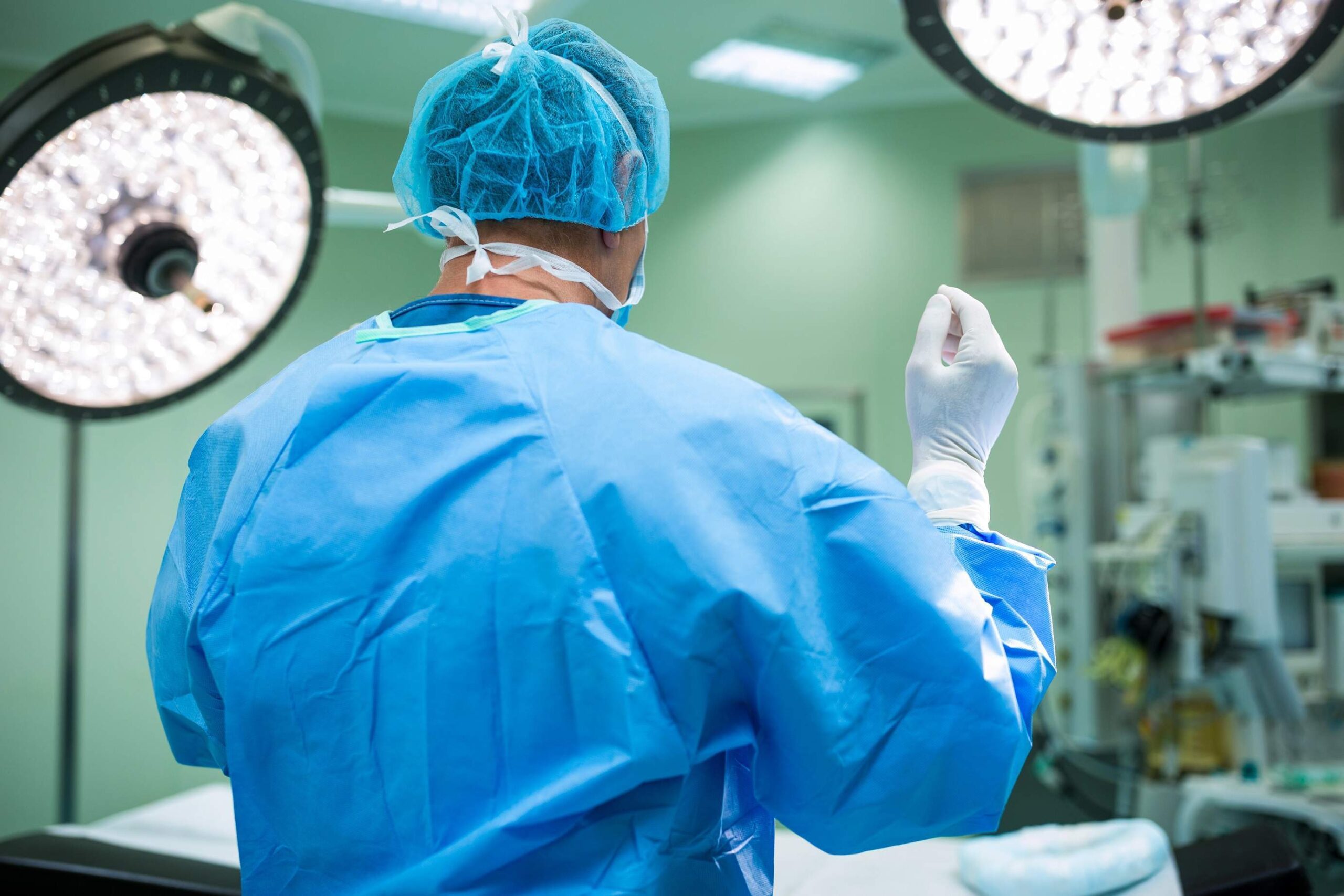
Scientists and engineers at the University of Texas (UT) have developed a cancer pen that can identify cancerous tissue in seconds.
The handheld device could be used in surgery as early as next year.
Named the MasSpec Pen, it can accurately identify tumours more than 150 times faster than existing technology. When used in surgery, the pen will give doctors precise information about what tissue to remove or keep.
Livia Schivainato Eberlin, an assistant professor of chemistry at UT Austin, who designed the study and led the team said:
Our technology could vastly improve the odds that surgeons really do remove every last trace of cancer during the surgery.
How does the MasSpec Pen work?
One of the crucial elements of cancer surgery is to ensure that a cancerous tumour is sufficiently removed, leaving healthy tissue behind.
How well do you really know your competitors?
Access the most comprehensive Company Profiles on the market, powered by GlobalData. Save hours of research. Gain competitive edge.

Thank you!
Your download email will arrive shortly
Not ready to buy yet? Download a free sample
We are confident about the unique quality of our Company Profiles. However, we want you to make the most beneficial decision for your business, so we offer a free sample that you can download by submitting the below form
By GlobalDataThis is because not removing enough of a tumour can lead to the cells multiplying again, and removing too much healthy tissue can have negative consequences for the patients.
For instance, patients with thyroid cancer can lose the ability to speak if too much healthy tissue is removed.
However, the team at UT hopes to change that with the MasSpec Pen. The pen can detect metabolites, small molecules in living cells. These molecules are different in normal cells compared to cancerous cells.
Eberlin said:
Cancer cells have a desregulated metabolism as they’re growing out of control. Because the metabolites in cancer and normal cells are so different, we extract and analyse them with the MasSpec Pen to obtain a molecular fingerprint of the tissue. What is incredible is that through this simple and gentle chemical process, the MasSpec Pen rapidly provides diagnostic molecular information without causing tissue damage.
During tests with the device on tissue removed from 253 cancer patients, published today in the journal of Science Translational Medicine, it was more than 96 percent accurate. It has since been successfully used in surgery on mice. The team hopes to start using the technology during cancer surgeries in 2018.
James Suliburk, head of endocrine surgery at Baylor College of Medicine in Texas, and a collaborator on the project said:
Anytime we can offer the patient a more precise surgery, a quicker surgery or a safer surgery, that’s something we want to do. This technology does all three. It allows us to be much more precise in what tissue we remove and what we leave behind.
Technology is taking on cancer
Worldwide cancer diagnoses are set to increase to 21m by 2030. As a result, cancer is ripe for technological innovation.
For instance, biotechnology company Masimo and physicist professor Dmitri Lapokto are using nanotechnology to fight cancer. This involves combining lasers and nanoparticles to destroy aggressive tumours inside the body.
As well, IBM’s supercomputer Watson is being used across the world to speed up cancer diagnoses and provide individualised treatments for patients.
Thomas Balkizas, IBM Watson Health executive lead for the UK and Ireland, told Verdict, that the decision to focus on cancer was an obvious one for IBM in the healthcare space.
It’s a disease that touches everyone. So oncology is a huge focus for us.




